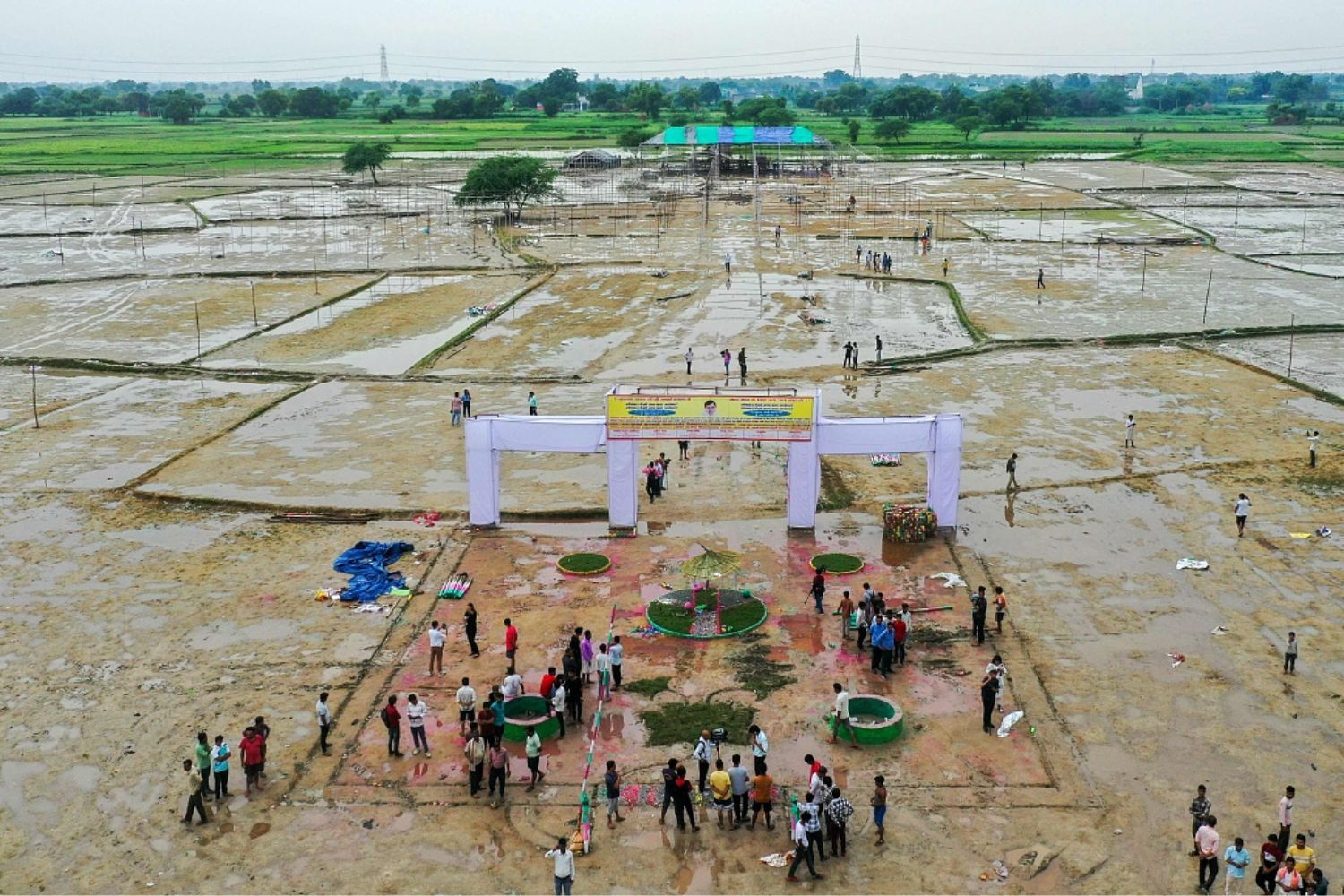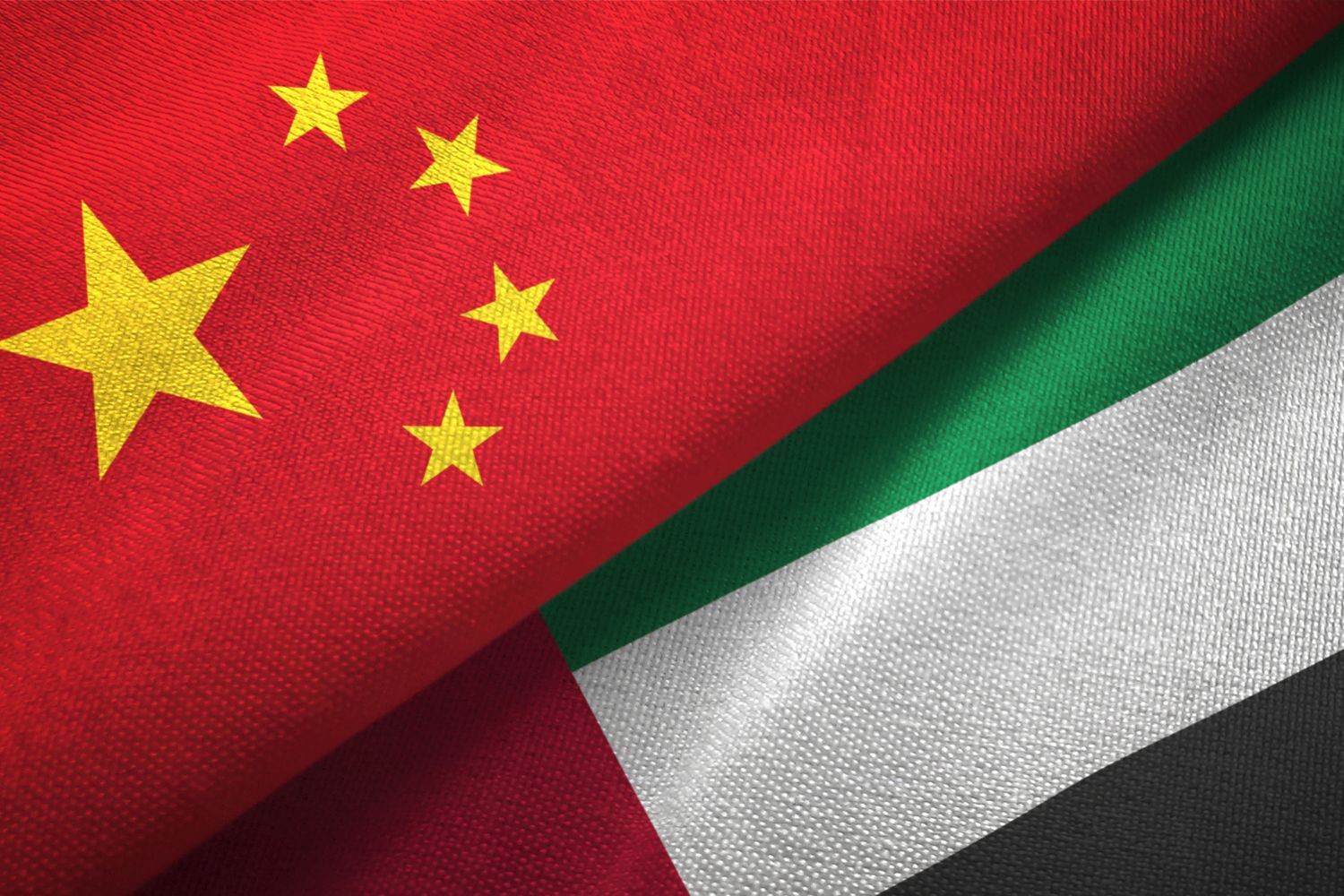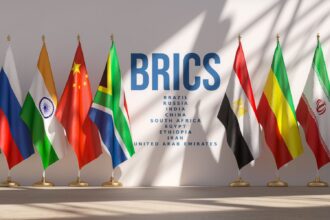Edward Webster, University of the Witwatersrand
From US car factories to public sector workers in Nigeria and South Africa, strikes by trade unions continue unabated among the established sectors of the working class. In Detroit in the US, workers are resisting contract employment. In Nigeria they are angry over the rising cost of living and in South Africa, municipal workers are striking for better wages.
But it’s becoming increasingly difficult to build sustainable worker organisations as companies employ more people on a casual basis in the digital age. Work has become more precarious and workers are easily replaceable.
In our new book, Recasting Workers’ Power: Work and Inequality in the Shadow of the Digital Age, we focus on workers’ power. The classic example of workers’ power is the strike: the collective withdrawal of labour to force an employer to do what they would otherwise not have done.
In this book we challenge the dominant narrative that new technology has destroyed workers’ power. We focus on the new jobs that are being created – food couriers, e-hailing drivers, street traders and the growing numbers of casual workers at the core of the economy.
We show how these precarious workers are organising in new ways that go beyond the traditional methods of union formation. For example, they are forming coalitions with other organisations, such as NGOs. In some cases they are combining these new approaches with traditional ways of bringing workers’ collective power to bear, for example by making use of laws that support workers’ rights.
Three case studies
We focus on three sectors: factory workers in Ekurhuleni, east of Johannesburg in South Africa; food couriers in Johannesburg; and transport workers in Kampala, Uganda.
We examined their ways of organising by applying, in addition to the strike weapon, the lens of three other ways of exercising power: associational power (collective organisation), coalitions (societal power) and institutional power (laws that entrench labour rights).
We found the factory workers were using a range of tools – old and new – to organise. Factory committees were formed at some workplaces. This involved working with a labour supportive NGO. But they also drew on old practices (institutional power) by taking up cases through the Commission for Conciliation, Mediation and Arbitration and the amended Labour Relations Act. Both offer the possibility of workers being able to get permanent jobs in the company at which they work.
The food carriers were using different tactics. In Johannesburg they had created worker-driven messaging apps and chat groups where they shared information, developed a shared identity and announced local direct action.
Being self-employed weakens their organising power. But the potential for collective power was increased when they met face-to-face at work zones and began to form a collective identity. Some have engaged in collective action, but with limited impact to date.
They achieved some success when they worked with a supportive NGO (an international organisation) to put forward demands to regulate their work.
ALSO READ: BRICS leaders punt collaboration as a fix for employment woes
In Kampala, we found that the Amalgamated Transport and General Workers’ Union was also using new approaches to organise workers. In the 1980s the union faced a near collapse of membership when privatisation undermined the public transport sector. This eliminated the position of the traditional public transport bus driver. Informal mini-taxi drivers and motorcycle taxi riders (known locally as boda boda) became the dominant mode of transport.
By classifying the growing number of boda boda riders as workers and therefore potential union members, the union expanded from a declining 5,000 members to over 100,000. In spite of the fragmented and isolated nature of their work these new workers were already organised – not into a trade union but into informal associations.
These associations formed an alliance with the established union. By doing this they gained concrete support from the International Transport Federation, a global union of transport workers. This led to the dramatic growth of the union, a decline in police harassment and growing recognition as a collective bargaining partner.
Importantly, where trade unions have taken up the issues of informal workers, unions have also undergone fundamental changes. They often become “hybrid” organisations, blurring the distinction between traditional unionism, informal workers’ associations and cooperatives.
What next?
Our research clearly articulates the challenges workers face. But it also suggests some grounds for optimism in the new and hybrid forms of organisation and the coalitions that are emerging.
The question raised by these findings is whether these embryonic forms of worker organisation are sustainable. Could they become the foundations for a new cycle of worker solidarity and union growth?
We conclude that this is possible if they innovate and experiment with new forms of association, use digital tools, and broaden unions’ reach through coalition-building with other civil society organisations. In sum, we are suggesting that workers’ power is being recast as precarious workers in Africa experiment with new ways of organising in the digital age.
Edward Webster, Distinguished Research Professor, Southern Centre for Inequality Studies, University of the Witwatersrand
This article is republished from The Conversation under a Creative Commons license. Read the original article.













